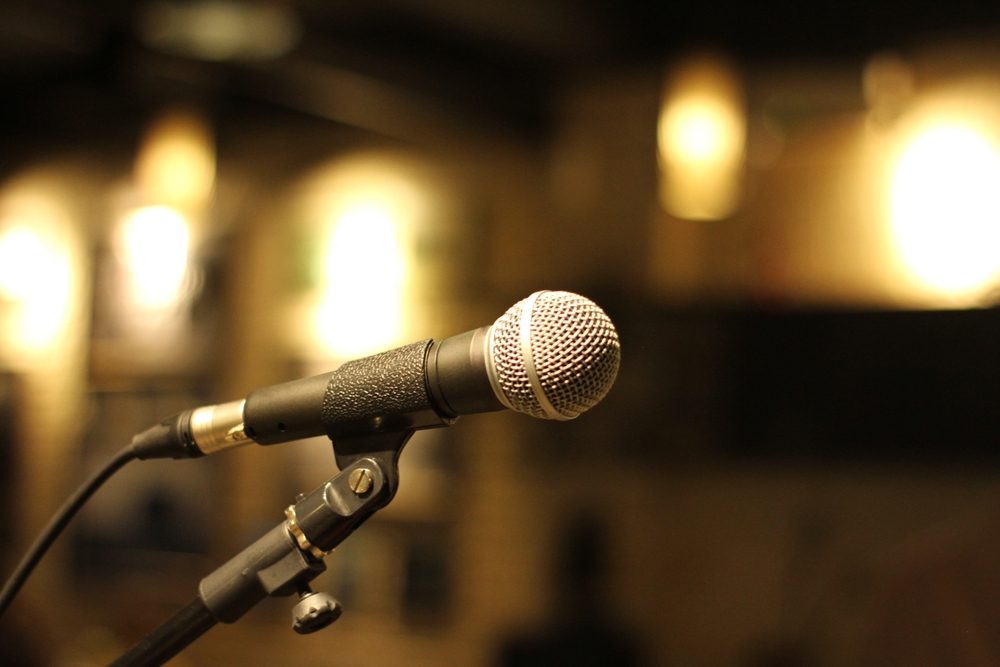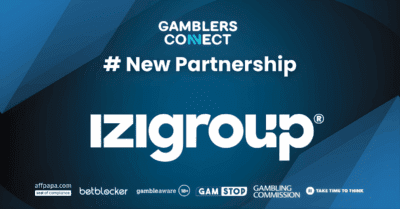Off the back of rumours that the Labour government is considering increasing remote gaming duty to 50% for UK operators, this roundtable will discuss whether subjecting the sector to higher tax rates makes sense or not. It will dig into what impact a 50% tax would have on operators, and how it would ultimately affect players – would we see operators simply reduce the RTPs of their games, and if they do, how does this affect game studios? It will then dovetail into what can be learned from other high tax markets, such as the Netherlands, and whether the claims of pushing players to the black market are valid or not.
John Salmon Director of Compliance at Slots Temple
Martyn Hannah, Co-founder and Managing Director at Comparasino
Should online gambling operators be subject to higher tax rates in the UK, and is a 50% tax rate something you would support?

JS: “At Slots Temple, we understand the need for fair taxation and responsible gambling measures, but a jump to 50% Remote Gaming Duty would be devastating for small operators like us. Unlike the largest brands, we don’t have the scale or diversified revenue streams to absorb such a dramatic increase. This level of tax would almost certainly force us out of the UK market entirely as we couldn’t manage the double hit of RGD and Corporation Tax.”
MH: “No, I don’t think online gambling operators should be subject to higher tax rates in the UK, and a 50% remote gaming duty is not something I support. Excessive taxation is not a driver of growth – often the opposite – and it’s not right to fire shots at an industry just because it’s significant in size and profitable in nature for those operating within it. The UK has long been considered a benchmark jurisdiction for online gambling, with stringent regulations and a sensible approach to remote gaming duty and wider taxation, a position that has allowed some truly remarkable, home-grown businesses to flourish, while also drawing international businesses to the market. But the proposals put forward by the Institute for Public Policy Research would blow that to pieces. A thriving online gambling industry benefits all stakeholders, from operators and suppliers to players and, of course, government coffers. Push too hard, and operators will simply leave the market.”
Could there be unintended consequences of imposing such a high tax rate? How would those consequences trickle down to your business?
JS: “For small operators, the unintended consequence is simple – they wouldn’t survive. Small business margins are already tight, and doubling the tax burden would mean cutting back on player promotions, reducing game variety, and scaling down teams. The knock-on effect would be fewer choices for players and the loss of unique platforms in the UK market, making the black-market operators a lot more appealing to players. There would be no winners.”
MH: “There would be plenty of unintended consequences. The first is that a 50% tax rate would simply not generate the additional receipts put forward by the Institute for Public Policy Research – it claims that raising gambling taxes could generate an additional £3.2bn per year. But that number is arrived at simply by applying the 50% rate to the latest revenue figures, which would likely trend downwards if the rate were imposed.
“This would be driven by an exodus of smaller operators leaving the market – margins are already tight and likely getting tighter with the introduction of the max 10x bonus wagering requirement coming into force in December – plus other factors like reduced RTPs and players switching to unlicensed brands offering bigger bonuses and better odds and RTPs. As for our business as an online casino comparison site, I would expect to see a drop in FTDs (with players switching to unlicensed sites) as well as reduced commercials with our casino partners looking to cut costs to offset the higher tax rate that they would be paying. Of course, as a UK business, reduced revenues would mean we pay less tax, too.”
How would operators likely react to a 50% tax rate in the UK? And what would it ultimately mean for players?
JS: “Most operators, especially smaller ones, would have no choice but to reduce RTPs, reduce promotions, and limit investment in innovation and development. For players, that means less value, less variety, and a poorer overall experience. In our case, it would likely mean closing our UK operations altogether, removing a trusted, licensed option from the market.”

MH: “For players, it will mean an inferior experience to what they receive now. Operators will look to reduce costs to mitigate the tax increase, and this will start with further cutting the value of welcome bonuses and ongoing promotions – these have already been watered down in recent years to avoid incentivising players to gamble beyond their means. The next thing they will notice is that slot RTPs will be dialled down and odds slashed. They may even find that certain payment methods are removed from the cashier as operators look to streamline costs as part of efforts to stretch margins so that they can remain profitable. It’s important to remember that a significant number of players engage with tier two brands that are unable to respond in the same way that their one operator can to such a hike in tax, and it’s these brands that are most likely to pull down the shutters on their UK operators, which in turn will reduce consumer choice and ultimately tax revenues for the government.”
What can we learn from other markets with high tax rates? Is there an example of where this has been rolled out successfully?
JS: “Looking at the Netherlands and Germany, high tax rates have reduced legal market share and driven players to unlicensed sites. We’ve seen no example where such a steep increase has been rolled out successfully without harming both operators and consumers. Although we believe an increase is unlikely to be as high as 50%, even a moderate increase would be a challenge for small operators like Slots Temple. The examples of Netherlands and Germany are a warning sign that a 50% rate would be commercially fatal.”
MH: “We can learn that high tax rates don’t work. The Netherlands is a strong example of this – the recently imposed tax increase (from 30.5% to 34.2%) has actually led to reduced revenues and a shift towards players engaging with unlicensed sites. The measure has resulted in a €30m shortfall in tax collection during the first half of the year compared to the same period in 2024, with the Netherlands Gambling Authority admitting the move had failed to meet its revenue targets. It would be foolish to ignore such a clear example of how increasing the tax rate – even by a small percentage – can have significant, negative consequences that, above all else, push players to unlicensed sites where there are no protections in place. And that’s what the government should really be concerned about, not trying to squeeze more money out of the industry.”
Is the black-market threat as strong as some claim it to be? And would increasing remote gaming duty really push players to unlicensed sites?
JS: “From our perspective, the threat is real. If licensed sites can’t offer competitive RTPs, players will inevitably look elsewhere, and that often means unregulated operators. A 50% tax would accelerate that shift, undermining the very consumer protections the regulated market is meant to provide.”
MH: “I have mixed feelings about the black market. I don’t doubt that it’s significant and poses a threat to licensed operators, but its very nature makes it hard to accurately determine its scope and scale. I believe the wider regulated industry should instead look at how we can ensure the experience offered by a licensed online casino or sportsbook exceeds that of an unlicensed site, while also providing the security, transparency and protections that players look for. It’s important not to underestimate the value of a Gambling Commission licence, and while I believe more needs to be done to educate players on what it means for an online casino to be licensed and why they should only play at certified brands, for a lot of players, it’s a kitemark they recognise and look for when deciding where to play.”
What impact would a 50% tax rate have on your RTP guarantee, if any?
JS: “A tax increase of this scale would put significant pressure on our ability to maintain our current RTP guarantee. To manage the additional cost, we would almost certainly have to lower payouts, which would make our games less appealing and reduce player trust. Over time, this could diminish player engagement and limit our ability to offer the same level of value and entertainment that we do today.”
Any final thoughts?
MH: “The only things certain in life are death and taxes, and the way I see it, imposing a 50% tax rate would mean certain death for the UK’s online gambling industry. Worse, it would put the millions of players who enjoy online casino and sports betting at risk as more switch to unlicensed brands either because they offer a better experience or simply because of a lack of choice among the few licensed brands that remain. This means the only real beneficiary of a 50% tax on remote gaming duty would be the unlicensed, black-market sites it wouldn’t apply to.”




